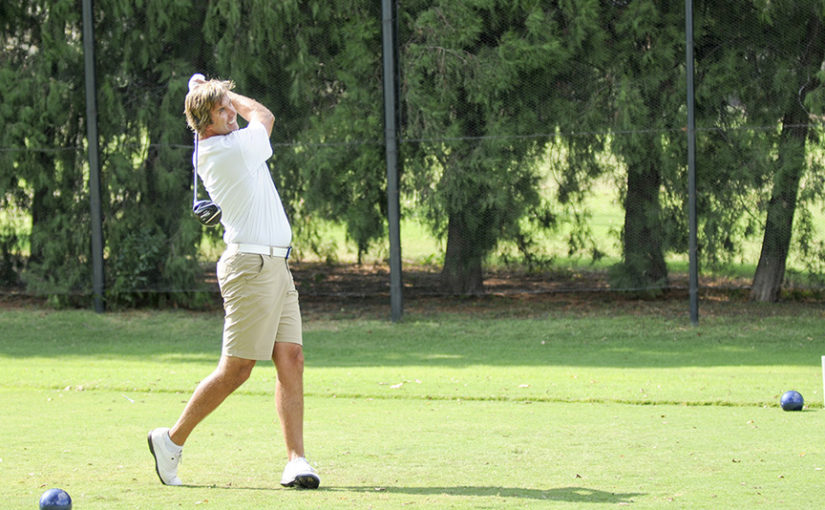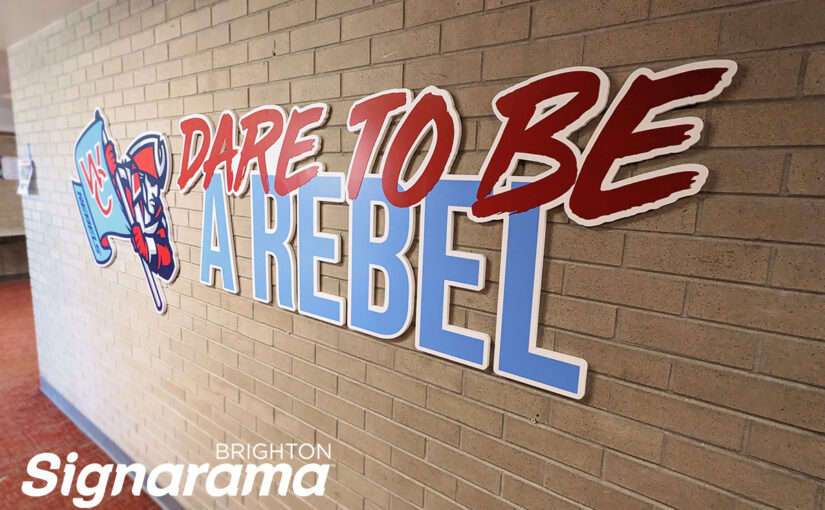Preparing for the athletic director interview

Whether you’re looking to move from the coaching ranks into an athletic management position or if you want to advance to a better situation, selected candidates go through an interview.
The individual or committee conducting the interview wants to gain the best possible insight for each candidate to make an informed decision. And youthe candidatewants to impress with your experience, organizational ability and leadership skills to convince them you are the best person for the position. It sounds easy!As with any interview, do your homework and prepare for the interview. Homework? Yes, find out as much as you can about the school and its athletic program. It is important to discover what problems, if any, a school is struggling with and what its goals and aspirations may be for the future.
If there are areas of concern, be assured they are going to find their way into the interview questions. After all, the principal or committee is looking for someone with potential answers, energy and drive to turn things aroundand this doesn’t mean wins.
What questions are going to be asked? Even though each setting is unique and not all interviewers are the same, be ready for several standard questions. The following are seven potential topics to be covered.
1) Always be prepared to explain your philosophy of athletics. While there is no guarantee the principal or committee conducting the interview is familiar with Education-Based Athletics, your answer needs to include this major concept. Even if you are providing the initial details surrounding this philosophy, it is vital you establish the basis for how you plan to lead this program if hired.
Include a discussion of Education-Based Athletics where the interest and welfare of the student-athletes has to come first. Winning and any other outcomes are secondary. Mention teamwork, perseverance and leadership as some great qualities and lessons involved in athletics. It also is a good idea to include how you plan to implement and communicate this concept to your coaches, parents and community.
2) Don’t be surprised if you are asked to highlight your experience and education. And with respect to education, include specific efforts you have taken to enhance your athletic management and leadership skills. This includes any National Interscholastic Athletic Administrators Association certification you have earned, NIAAA LTI Courses you have completed and any pertinent college courses you have taken. Let the interviewer know you took concrete steps to prepare for your move into athletic management.
3) Anticipate a question concerning sportsmanship. A skilled interviewer may present a hypothetical situation and ask how you are going to handle it. Providing an actual example of how you dealt with a situation involving sportsmanship is extremely helpful. Simply stating you believe in and expect good sportsmanship isnt the answer.
4) Understand the current economy is wreaking havoc with many school budgets. Expect to explain how you will maintain the core of your program with less financial resources.
If your budget is cut, what would you do?
- Restrict team travel
- Implement fundraising efforts
- Ask the booster club for help
- Reduce the number of games, particularly on the junior varsity or freshmen levels
- Institute a Pay-For-Play systemhopefully, this is your absolute last option
5) Be aware of what is happening at neighboring schools. These trends, issues or crises can become a concern. If there is a problem and it made the news, the interviewer may want to know your take on preventing or handling the situation. Think about how you deal with hazing, problems with athletes using social media or alcohol or drug abuse as these are common problems across the board.
6) You are going to be asked to describe your leadership style. Part of your job is to guide a staff of coaches, an administrative assistant and other personnel. Discuss whether your style is autocratic, democratic or eclectic and how it varies according to the situation. Also, include management aspects into your answer, which highlight your organizational and planning skills and your communication strengths with the various segments associated with your program.
7) Be prepared to detail how you hire, mentor, evaluate and retain coaches. All teams need quality coaches and this requirement is even more important if you ascribe to the Education-Based philosophy. It also is difficult or next to impossible to find coaches for certain sports in many regions of the country.
Have an answer ready for how you are going to deal with these situations where there isnt an available pool of candidates. Coaches have direct daily contact and a huge impact upon student athletics, so schools need an athletic director with a solid understanding, a plan and skills in this area.
While it’s wise to ready yourself for these possible questions, also prepare your own set of questions. Normally in any interview, the candidate is allowed at the end of the session to pose a few questions. This is a great opportunity for you. Not only does it provide a way to get a better feel for the school and program, you also have the opportunity to impress the interviewer with your understanding of athletics and their setting by the type of questions you ask.
In this last segment of the interview, try to get answers to the following questions:
- When will the decision be reached?
- What is the expected date the successful candidate is to start in the position?
- How long the current principal or superintendent expects to remain in their position?
Now, prepare your best answers to these topics. On the day of the interview, relax and let this preparation, your experience, knowledge and passion come through.





